Diesel engines
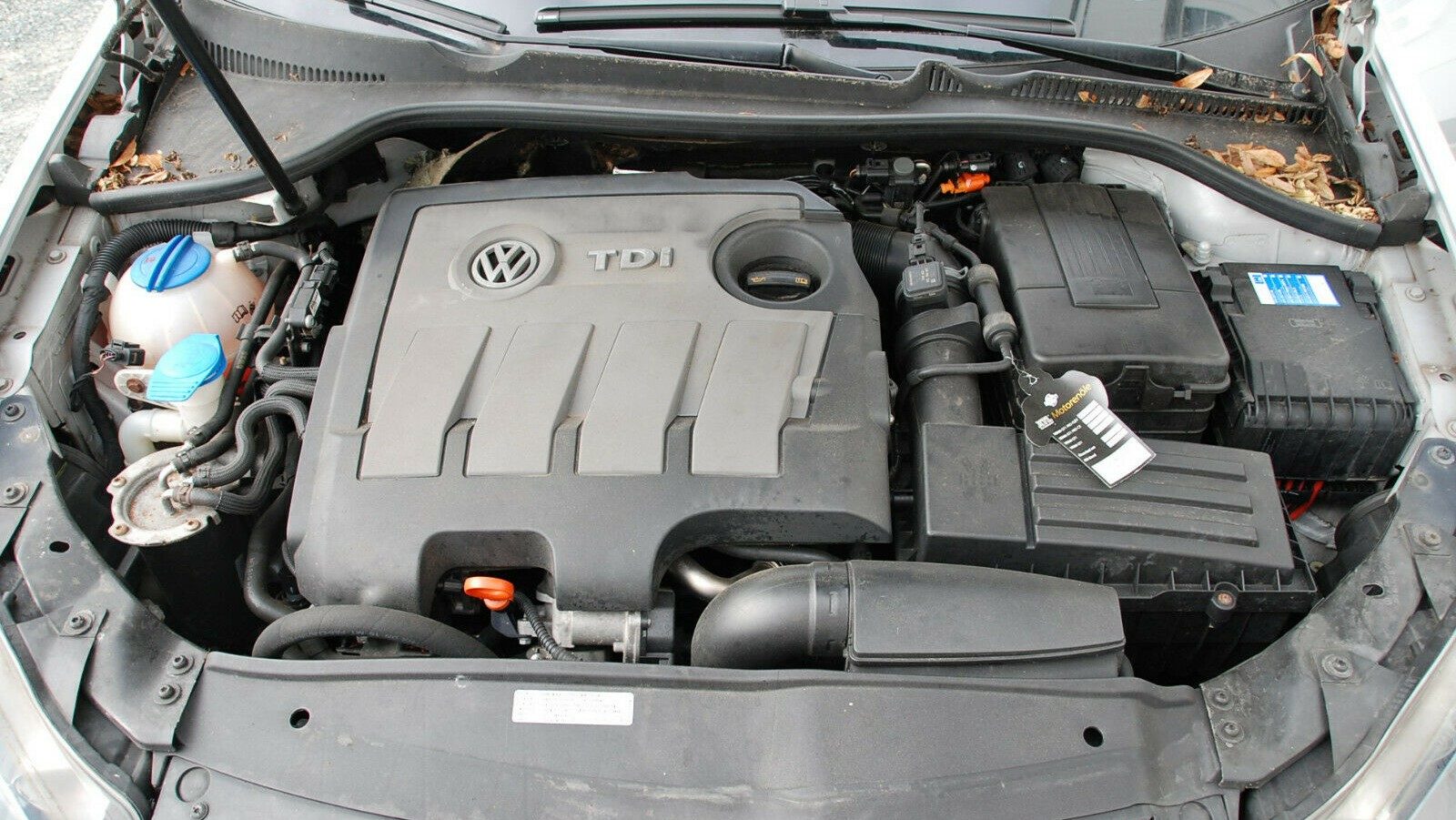
All of the diesel engines can easily reach 300 000 km or 400 000 km, but of course they can have the regular diesel engine problems:
-The EGR valve can be faulty before 200 000 km which is not like the end of the world, but replacing it is not that easy since it’s mounted on the back of the engine /bad EGR symptoms: limp mode, issues with starting, uneven/fluctuating idle, check engine light with P0403 fault code/ how to replace the EGR on a 1.6 TDI video
-The injectors can be faulty, but usually just after 200 000 km. However in the 1.6 l TDI they can fail even before 200 000 km. (4x new injectors approx. 1 600 €)
-The Bosch CP4 high pressure fuel pump can fail and in this case it will release tiny metal particles in the whole fuel system = which will destroy the injectors. This issue can occur for the most part only in the US or in some parts of Eastern EU because of the different quality of the fuel.
If your HPFP fails then you will need around 2 500 € to fix your car (4x new injectors, 1x new HPFP)
Dieselgate software is shit
It’s good to mention the infamous emission scandal and the associated software update which should correct the emissions. Plenty of cars got this software update, but sadly plenty owners experienced strange issues after this update. These issues include:
- higher fuel consumption
- slight loss of power
- slightly uneven/more rough engine running
- more often regenerating DPF
- even sudden EGR or injector failures
Also bigger noticeable oil dilution with fuel can occur even on cars used for longer distances – so fuel gets into the oil: for example +0,5l of fuel gets into the oil after 15 000 km.
+ after the update even the aut. gearbox shifts earlier letting the engine to run a lot of times pointlessly at very low RPM which is bad for the engine and everything…
But the good thing is, that because of this emission scandal on the newest cars there still should be an extended warranty in the US for all the main parts of the diesel engine. This means that buying a later diesel engine Golf in the US is not a bad idea if the extended warranty is still valid.
I would highly recommend to downgrade this software to the old original which is better for the longevity of the engine.
HOW CAN THE 2.0 TDI DIE
If you are buying one of the more powerful 2.0 l TDI engine made to the end of 2009 which has CBAB or CBBB engine code, then at approx. 200 000 km it’s a good idea to remove the oil pan and check the 77mm oil pump drive shaft which can be worn out and later cause loss of oil pressure which is not good! All the newer 2.0 TDI engines with more than 140 hp made from 2010 have an updated 100 mm long shaft which is usually ok, but even this shaft can be worn-but just after approx. 400 000 km!
+it’s also worth to check the coolant level regularly since there are OCCASIONALLY cases of cracked EGR cooler which will slowly leak coolant into the combustion chamber
These are more or less the issues of the diesel engines, but of course if you are going to use them mainly for short distances then you can expect issues with the clogged EGR or clogged DPF filter earlier then you would like, so buying a diesel engine is not a good idea if you are doing less than 50-60km a day.
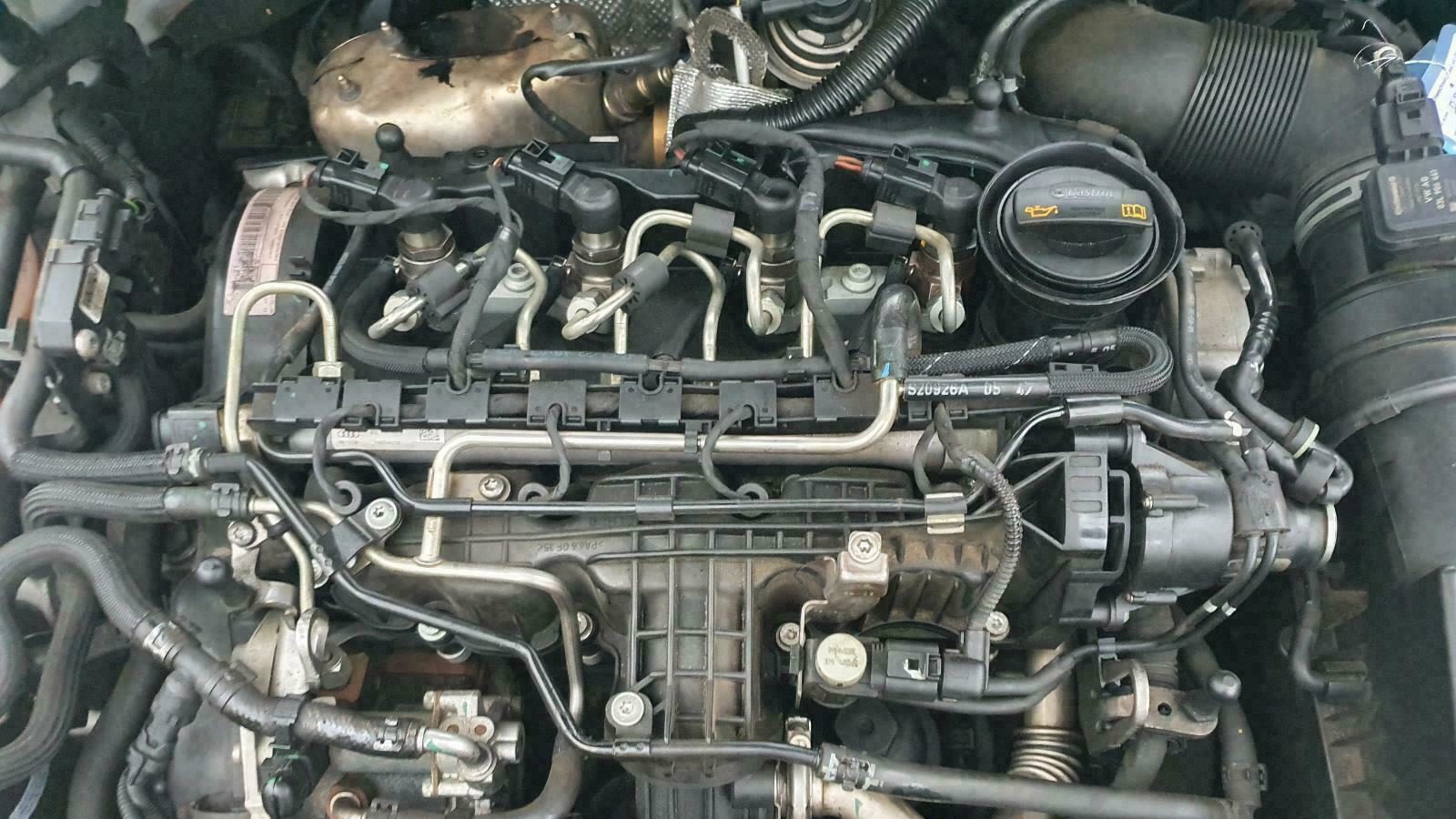
Timing chain / belt
Timing chain
As I already said the chain mechanism in the 4 cylinder engines can be worn anytime basically, so even before 100 000 km. That’s why the best is to either measure it how much is it worn or to replace it preventively after buying, since if the chain skips then it can easily damage the engine pretty badly – bent valves and shit.
But before buying its always good to check for a short rattling noise at cold start which indicates worn chain.
good timing chain at cold start video
to extend the lifetime of the chain:
- replace the oil in time (after 8 000 km)
- DON’T leave the manual gearbox in gear even on a small incline – since it’s going to put unwanted stress on the chain components !
- don’t “under rev the engine” so keep the RPM upwards of 1 600 – 1 800 RPM
Timing belt
All the diesel engines + the 1.4l, 1.6 l and the older 2.0l TSI (GTI edition 35, Golf R) petrol engines have a timing belt which you should definitely replace with all the pulleys, tensioner, the pulley screws and with the water pump at the specified intervals in the owner’s manual. + Don’t forget that there is also the accessory belt for the alternator and AC compressor so replace that too, since if it breaks, then it can damage the timing belt and this can destroy the engine in the worst case !!!
“Replacing the timing belt with all the pulleys and water pump: approx. 600 – 700€“
+keep in mind that all of the 1.6 TDI diesel engines and some of the 2.0 TDI engines (2.0 TDI with the CLCA, CUUA engine codes) have the oil pump driven by a rubber belt ! This oil pump belt can withstand a long time and there is no official change interval for it, so it should be good for the “lifetime” of the engine. However to be on safe side you should replace this oil pump belt at the same time you replace the timing belt.
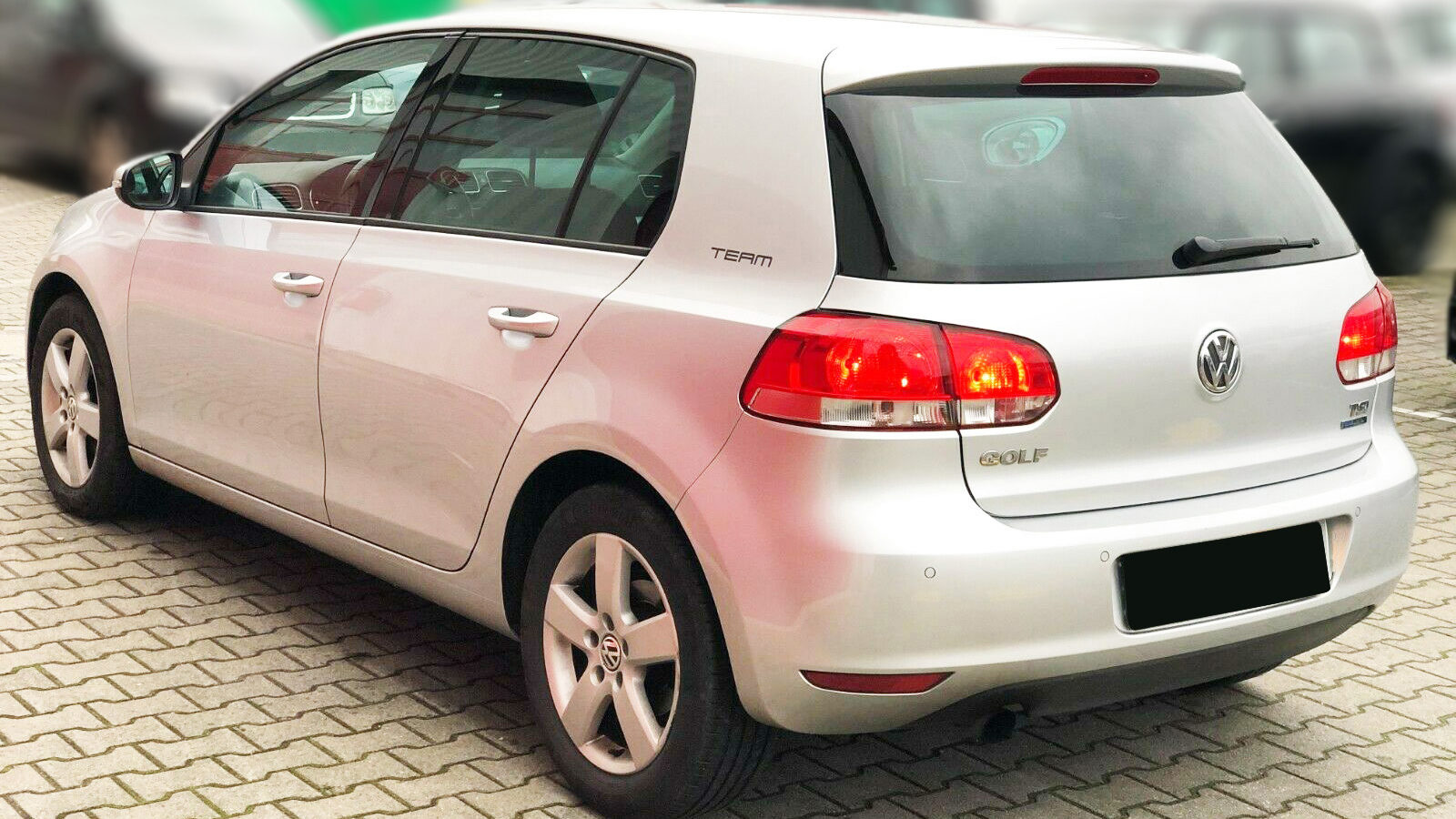
Transmissions
This VW can be equipped with the:
- 5 or 6 speed manual gearbox
- 6 or 7 speed DSG dual-clutch automatic transmissions
- regular 6 speed torque converter automatic transmission (US market only)
Manual gearbox
The manual transmissions are usually reliable, just check them for strange noises and it’s good to occasionally replace the oil in them. Then of course check the clutch which should operate smoothly without any kind of strange noises, vibrations or shuddering.
Keep in mind that some of the engines – mostly the diesel engines are equipped with a Dual mass flywheel which can be worn usually around 200 000 km, but sometimes even before this mileage. In this case it can cause vibrations at idle, vibrations in the clutch pedal or metallic clattering sounds from the gearbox area.
To extend the lifetime of the dual mass flywheel you should always release the clutch calmly rather than releasing it suddenly and never let the engine to operate at low RPM – so make sure that while driving the RPM stays above 1 500 RPM !
Automatic gearbox
From the automatic transmissions the regular 6 speed is the most reliable, but sadly this gearbox was mated only to the 2.5 l 5 cylinder petrol engine
On the other side, the 6 and 7 speed DSG dual-clutch gearboxes are not that reliable. Especially the 7 speed version can have often issues with the mechatronics even before 100 000 km + also the clutches in it can wear out (worn clutches can cause vibrations, so pay attention to this). The lifetime of the clutches of the 7 speed gearbox is approximately 150 000 km – so at this mileage you should be definitely ready to replace them. To top of that all the DSG transmissions are equipped with a dual mass flywheel which can wear out and cause various rattling/rustling/scraping mettalic noises. The noises will mostly appear at idle in neutral and they can disappear when you put the gearbox in D or R.
DSG bad dual mass flywheel example vid 1
DSG bad dual mass flywheel example vid 2
“sometimes a simple software update can also fix some DSG gearbox issues like rough shifts for example”
all of the automatic transmissions have to change gears smoothly, without: shuddering/jerking, strange sounds, vibrations or fluctuating RPM
4motion 4WD
If you are buying a model equipped with the 4motion 4wd system then make sure that the 4wd is working properly – so check for front wheel spin since the haldex pump can fail and in this case the car is gonna be just front wheel drive (without warning lights, sometimes there can be a stored a fault code but sometimes there is not) + it’s really important to change the oil in the differential every 50 000 or max 60 000 km and also change the filter in it which can clog and cause premature failure of the already mentioned haldex pump
(haldex pump fault code: 00448 – haldex clutch pump)
how to replace haldex fluid and filter long vid
how to replace haldex fluid short vid
To summarize things up:
- the older naturally aspirated petrol engines are the most reliable
- avoid the DSG gearbox unless you have additional 2 000 € / $2 000 to fix it
- avoid cars with performance upgrades and with questionable maintenance history
+ keep at least 1 000 € / $1 000 for the maintenance and possible repairs, but if you are buying a car with a direct injection petrol engine or with a diesel engine then keep at least 2 000 € / $2 000, and to top of that if you want the more powerful 1.4 TSI Twincharger or the GTI model then keep at least 3 000 € / $3 000
And as always if you have personal experience with this car or more information about it, then you can write it into comments!




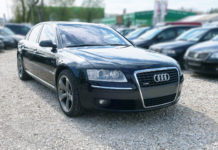

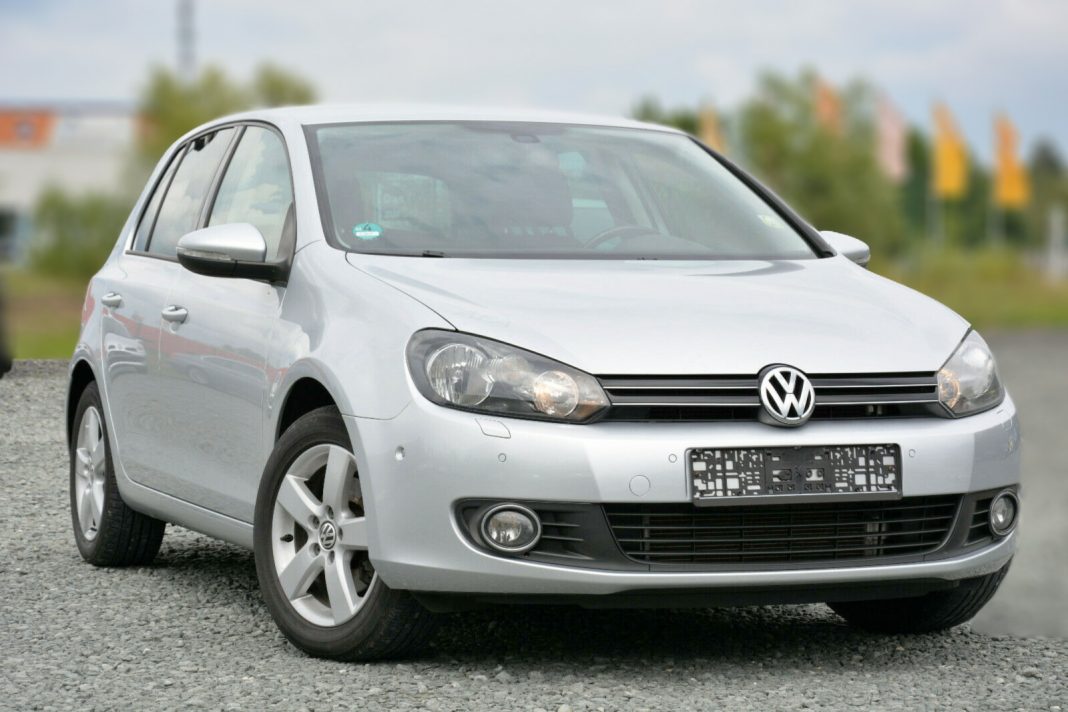
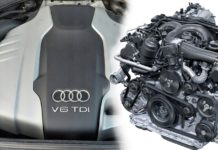
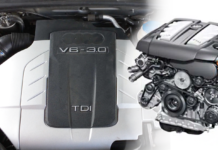





Hi, would you know what causes this sound? https://www.youtube.com/watch?v=fhXtOmbjTSQ
INJECTOR 2 FAILED TODAY @ 107K MILES!
ON THE CAY 2012 ENGINE 1.6TDI